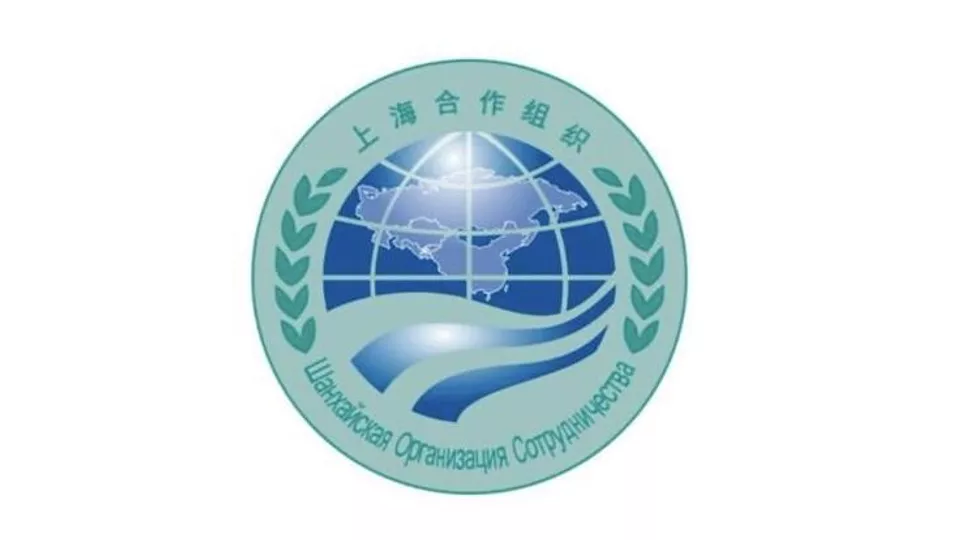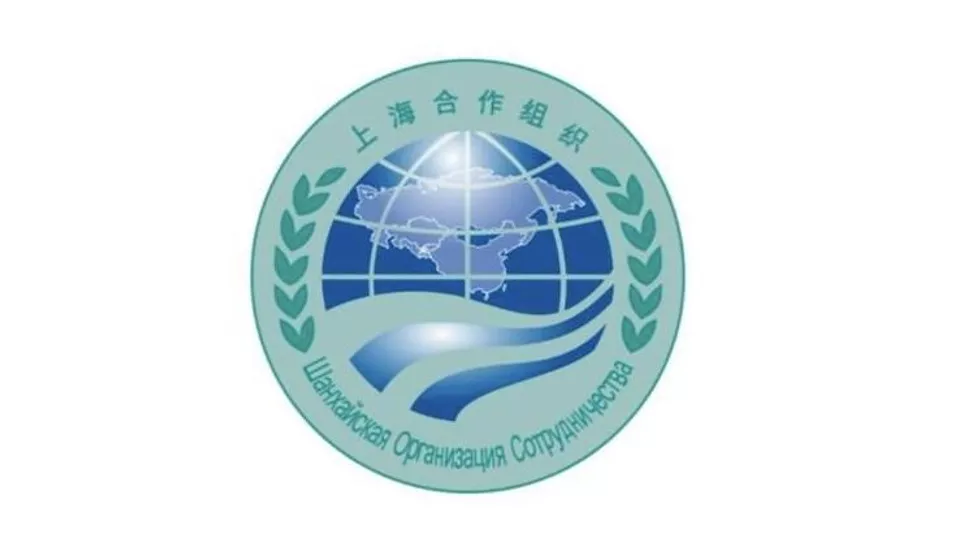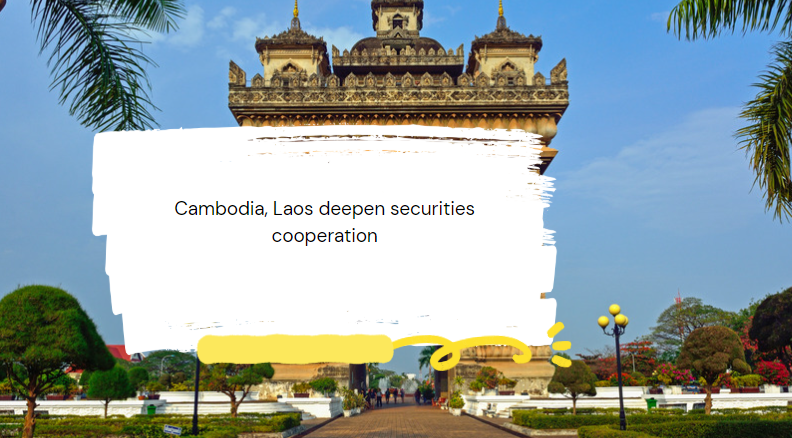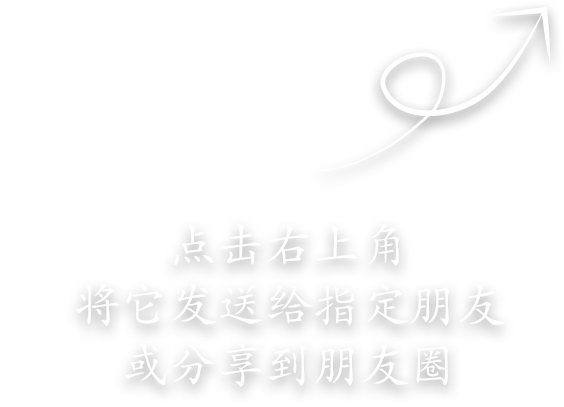SCO Plots New Financial Architecture with Development Bank and Local Currency Push
本文包含AI辅助创作内容
At a time when global financial fragmentation is accelerating, the Shanghai Cooperation Organization (SCO) is quietly laying the groundwork for an alternative regional framework—centered on a proposed SCO Development Bank, expanded use of local currencies, and a cross-border financial think tank network.
These were the key outcomes of the June 3 meeting offinance ministers and central bank governors in Beijing, co-chaired by China's Finance Minister Lan Fo'an and PBOC Governor Pan Gongsheng. Officials from SCO member states discussed macroeconomic coordination, monetary policy responses, and cooperation on green and digital finance.

Building a Development Bank: Regional Strategy, Global Signal
Progress on establishing an SCO Development Bank marks a significant pivot from political dialogue to financial institution-building. While no formal structure has been unveiled, the support for “substantive advancement” reflects member states'growing desire to finance regional priorities through their own mechanisms.
For international banks, investment funds, and multilaterals operating in Asia, this development signals the potential rise of a new lending institution with a focus on:
Infrastructure across Central and South Asia,
Non-dollar project financing,
Climate-related and digital economy investments.
Such a bank could echo elements of the Asian Infrastructure Investment Bank (AIIB), but with a different political geometry and potentially stronger emphasis on inclusive growth among frontier markets.
A Strategic Turn Toward Local Currencies
Another item gaining momentum is the advancement of local currency settlement systemsamong member states. This is not merely a monetary technicality; it reflects a broader recalibration of how value and risk are assessed in cross-border trade and finance—particularly in an era of heightened sanctions and dollar exposure.
The interest from SCO members in reducing dollar dependency, if followed by concrete payment infrastructure, could impact global trade flows and currency hedging strategies. Global firms doing business in the region may need to revisit their liquidity and FX risk frameworks.
Knowledge Infrastructure: Launching a Think Tank Network
Alongside physical institutions, the SCO also agreed to form a financial and economic think tank network—an initiative aimed at intellectual cooperation on fiscal, monetary, and developmental policy.
This could serve as a bridge between technocrats, academics, and market participants, and offer early insight into the region's shifting regulatory logic—from digital finance experiments to sovereign debt frameworks.
Beyond Rhetoric: Coordinated Action in a Fractured World
Minister Lan Fo'an emphasized the urgency of strengthening financial cooperation amid mounting global headwinds—from trade protectionism and geopolitical conflict to climate uncertainty. He called for member states to uphold multilateralism and deepen pragmatic coordination across fiscal and monetary fronts.
Lan noted that digitalization, green transition, and industrial transformation are creating new opportunities for SCO countries—but only if structural cooperation keeps pace with ambition.
Why It Matters for Global Finance Professionals
For financial institutions outside the SCO, these developments are not peripheral—they're strategic. The emergence of a new regional lender, potential shift in currency regimes, and policy convergence across diverse legal systems could reshape transaction architecture, project financing pipelines, and regulatory dialogues.
Stakeholders in sovereign lending, fintech compliance, green bonds, and infrastructure development should monitor the SCO's next steps closely. What began as a political bloc may increasingly behave like a financial one—with implications well beyond its current borders.





















































First, please LoginComment After ~